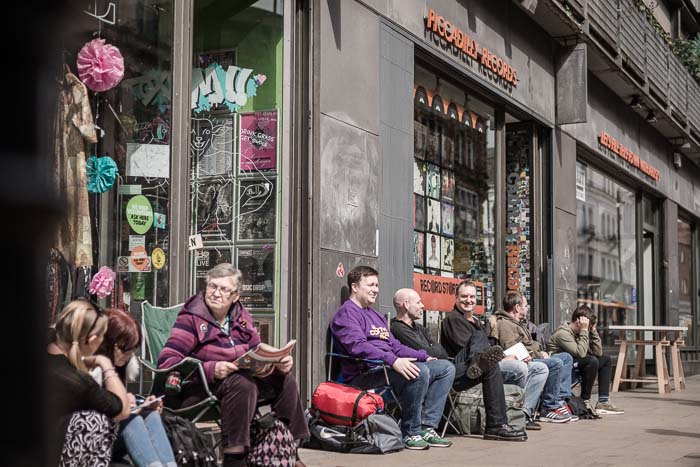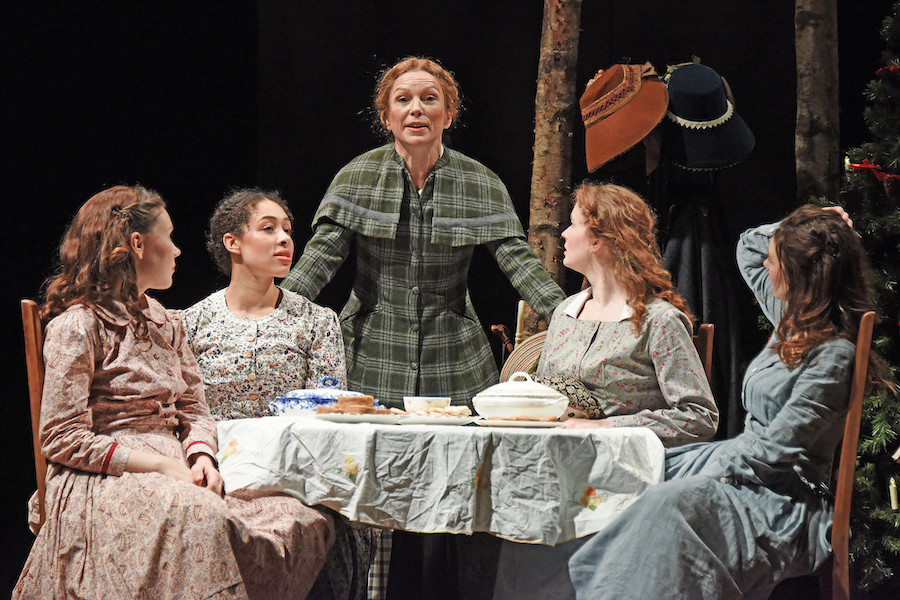Fears mount in local hospitality industry over Brexit uncertainty
- Written by Ray King
- Last updated 6 years ago
- City of Manchester, Food & Drink
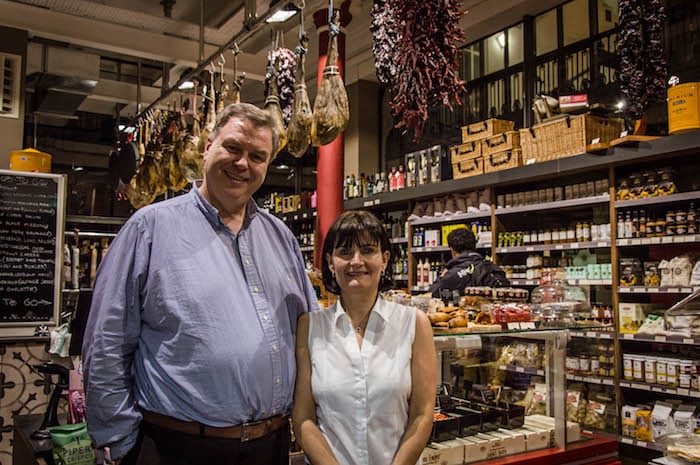
A respected north west restaurateur is warning that the ongoing uncertainty surrounding Brexit could spell disaster for the hospitality industry.
Peter Kinsella, who owns Lunya, the popular Spanish restaurant, bar and deli on Deansgate, as well as the original venue in Liverpool, says that the business is being hit by the “double whammy” of a plummeting exchange rate and difficulties in recruiting talented staff.
The steep decline in the value of sterling against the euro since the referendum on British membership of the European Union three years ago has had a massive impact on the prices of Lunya’s imported products.
The delis in Manchester and Liverpool carry thousands of items. Lunya is the largest Catalan and Spanish online shop in the UK. Peter and his colleagues spend a lot of time in Spain, visiting farmers, cheese makers and food producers to source the very best of each food type.
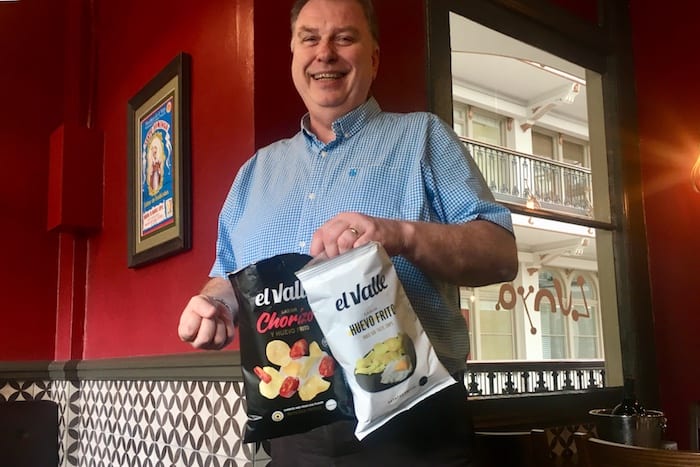
But since the Brexit vote and the plunge in the value of the £, prices have shot up as much as 33 per cent. As a result Peter decided to try and “cut out the middle man” by sourcing produce direct from farmers and cheese makers rather than buying from specialist importers.
“But,” he says, “it comes at an enormous cost and impacts on cash flow. Take almonds and honey for instance. Normally we might buy 150lb a week from a specialist wholesaler. But by buying direct from the producer, we have to buy whole pallets that might cost, say, £2,500.
“By doing so, though, we take a huge risk. We have tens of thousands of pounds tied up in stock, which impacts on the business’s cash flow.
“Not only that, in all the uncertainty, people stop spending and our core clientele, people in their 40s and 50s, fear they are most at risk from the economic consequences of Brexit.”
That same uncertainty has also had a profound affect on staffing. Says Peter: “When we started in 2010, we benefitted enormously from the arrival of people who valued hospitality, were aware of the importance of good service and had knowledge of the things we sell.
“For a time, 75 per cent of our staff were Spanish, many of them graduates or post-graduate professions who couldn’t get work in Spain because of the recession there. Hospitality is a great industry to learn brilliant English, so the benefits went both ways.
“But we started to lose these people from 2016. Recruitment became really hard because they perceived an unwelcoming mood in this country. Now our Spanish staff make up less than 25 per cent or our employees.”
In the chaos – in which a withdrawal agreement, a no deal withdrawal and a general election have all been rejected by MPs – Peter’s “best case” outcome would be a negotiated settlement with a good two-year transition period and free trade with Europe – or a second referendum.
He added: “What worries us is that people are not spending in an industry that continues to grow but with a very high rate of failure. And every time we hear of an independent or corporate going under, we think ‘thank God it’s not us’.”
He’s not alone in expressing grave concern. Earlier this year, Adrian Ellis, chair of Manchester’s Hoteliers’ Association and general manager of the Lowry Hotel, said that the industry needed clear answers soon in order to plan for the future.
He said: “A big wish for the Manchester Hoteliers’ Association is that the hospitality talent pool doesn’t run out. Recruitment is more challenging at present. Not as many Europeans are coming and applying for jobs here, unlike in previous years when people would come in their droves. The pool of people is shrinking, unfortunately.”
And Gary Usher, the chef-restaurateur behind Elite Bistros including Hispi and Kala in Manchester, was among a number leading industry figures urging operators to write to MPs calling for a second referendum.
The most prominent hospitality industry figure to hold a completely contrary view is Tim Martin, founder and chairman of the Wetherspoons chain that operates over 900 pubs nationwide, including half-a-dozen in central Manchester.
He claims that leaving the EU, even without a deal, would end ‘protectionist tariffs’ and drive down the cost of drinks in supermarkets and pubs.
To emphasise his position, the chain slashed the average price of a pint by 20p to show how Brexit can reduce prices.
He said: “At the current time customers and businesses pay tariffs on thousands of products which are imported from outside the EU. These tariffs are collected by the UK government and sent to Brussels.
“A lot of politicians have misled the public by suggesting leaving the customs union would be a cliff edge or disaster. This is the reverse of the truth. Ending tariffs will reduce prices.”
- This article was last updated 6 years ago.
- It was first published on 18 September 2019 and is subject to be updated from time to time. Please refresh or return to see the latest version.
Did we miss something? Let us know: press@ilovemanchester.com
Want to be the first to receive all the latest news stories, what’s on and events from the heart of Manchester? Sign up here.
Manchester is a successful city, but many people suffer. I Love Manchester helps raise awareness and funds to help improve the lives and prospects of people across Greater Manchester – and we can’t do it without your help. So please support us with what you can so we can continue to spread the love. Thank you in advance!
An email you’ll love. Subscribe to our newsletter to get the latest news stories delivered direct to your inbox.
Got a story worth sharing?
What’s the story? We are all ears when it comes to positive news and inspiring stories. You can send story ideas to press@ilovemanchester.com
While we can’t guarantee to publish everything, we will always consider any enquiry or idea that promotes:
- Independent new openings
- Human interest
- Not-for-profit organisations
- Community Interest Companies (CiCs) and projects
- Charities and charitable initiatives
- Affordability and offers saving people over 20%
For anything else, don’t hesitate to get in touch with us about advertorials (from £350+VAT) and advertising opportunities: advertise@ilovemanchester.com


The Manc aerobics queen who trained the Corrie cast is helping raise charity cash
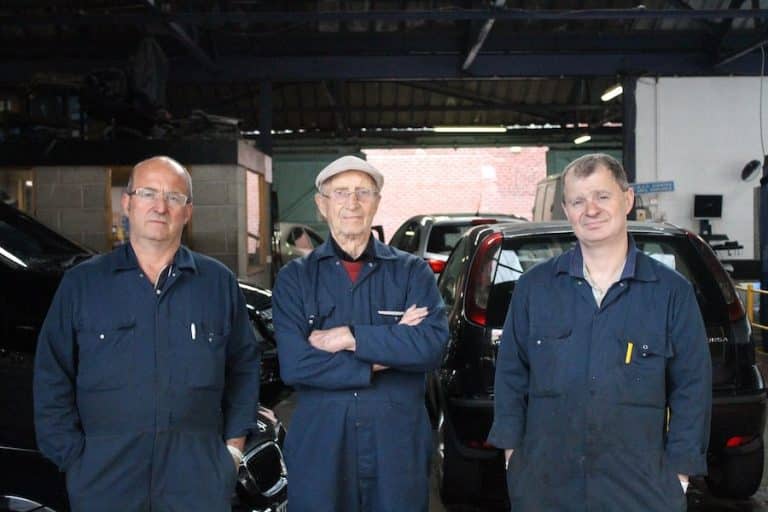
Ancoats to get even cooler as independent market set for MOT garage site
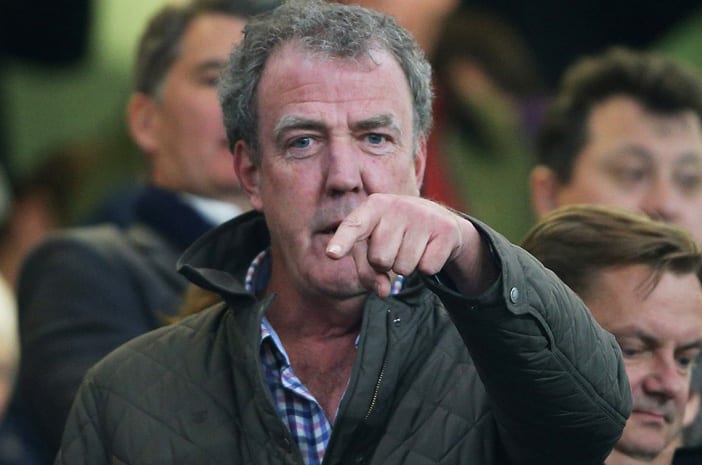
“Manchester is not Britain’s second city, it’s the first” – Jeremy Clarkson
